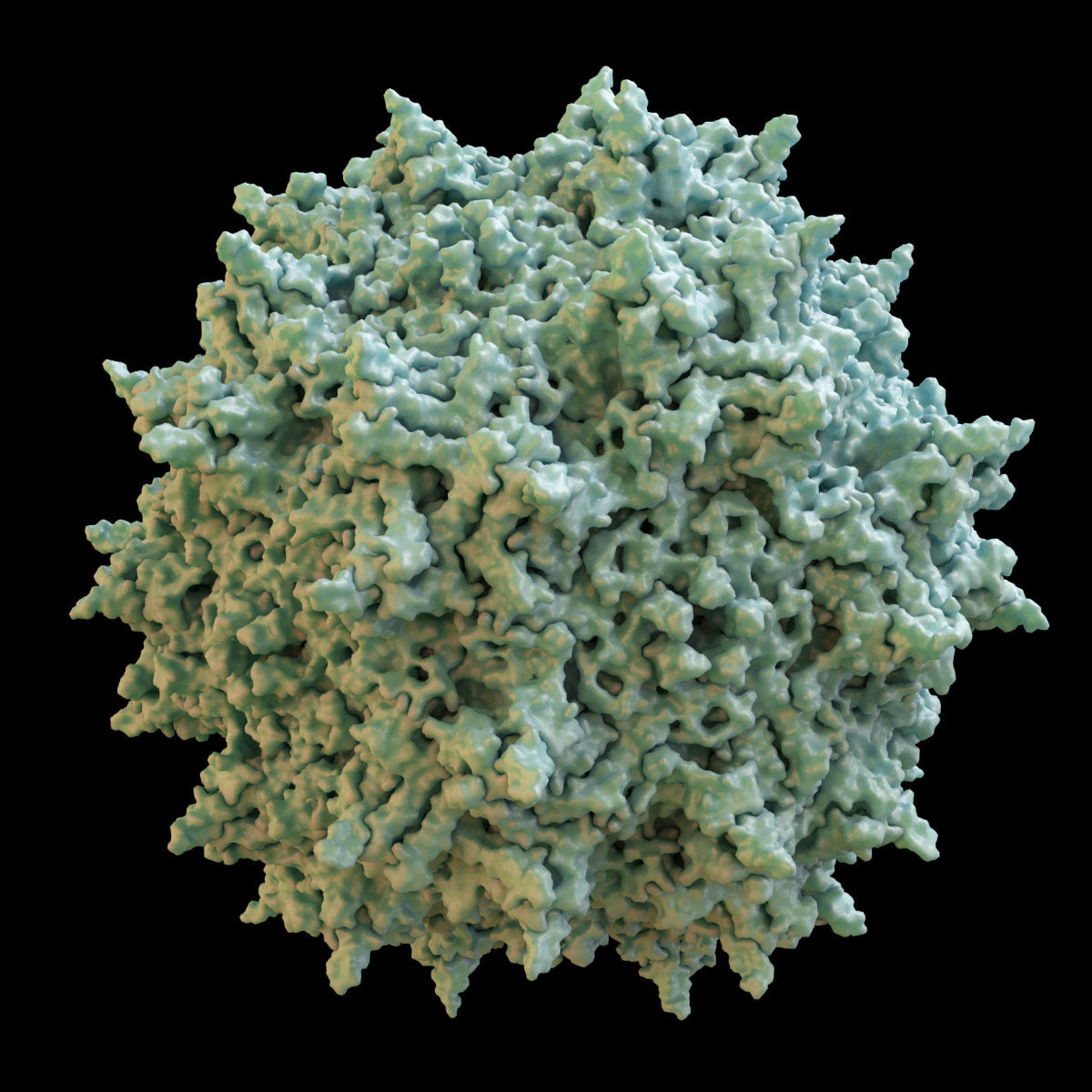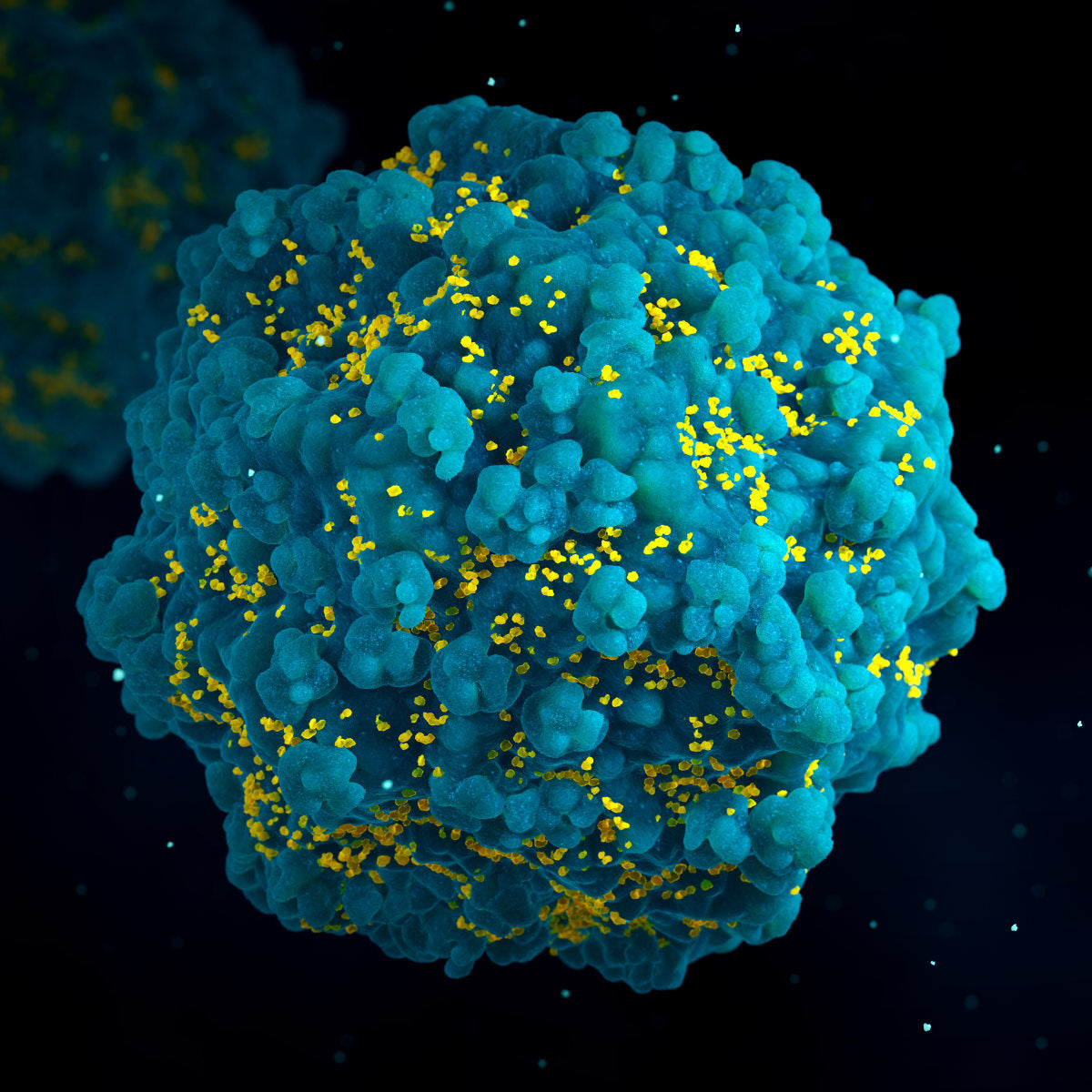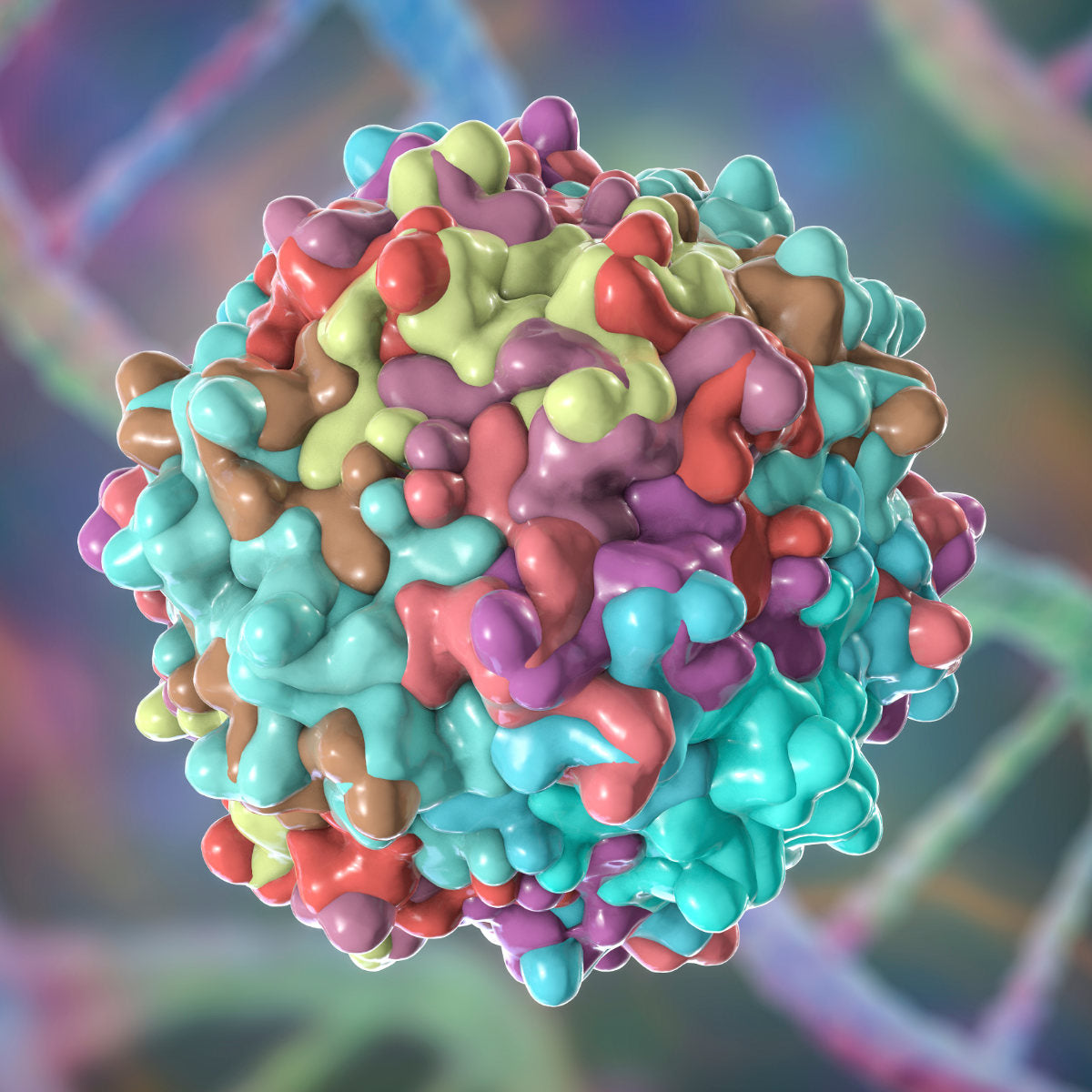DNA constructs
Below is a list of some common sequences found in viral vector DNA constructs and their use/function.
IRES: Internal Ribosomal Entry Site. A nucleotide sequence that allows for translation initiation in the middle of a messenger RNA (mRNA) sequence. Often used in front of a fluorescent marker to trace the efficiency of transfection of a certain DNA construct without the need for making a fusion molecule.
TTC: Fragment C of the Tetanus Toxin, corresponds to the 451 amino acids at the C-terminus of the protein. This non-toxic fragment of the TT is transported trans-synaptically (retrograde). It will drive the transport of most proteins fused to it and can thus be used to trace neuronal circuits.
WGA: Plant lectin (wheat germ agglutinin) transported trans-synaptically, also used as a circuitry tracer. Contrary to TTC, WGA can be transferred via anterograde and retrograde transport.
CRE: Cre recombinase (Cre), is a Type I topoisomerase from P1 bacteriophage that catalyzes site-specific recombination of DNA between loxP sites. Cre is used as a tool to modify genes and chromosomes. In this approach the Cre recombinase is used to delete a segment of DNA flanked by LoxP sites (aka ‘floxed’) in an experimental animal or a fragment of DNA of interest. Cre can be delivered to the cell nucleus as a purified protein or as part of a DNA construct that will lead to its production inside the cell.
WPRE: Woodchuck hepatitis post-transcriptional regulatory element. Segment of DNA that is thought to increase the expression level of genes through an improved nucleotransport of RNA. The effect of a WPRE are thought to be gene and promoter specific but should generally not lead to decreased expression levels of DNA.
MYC/His/HA tags: Small protein fragments that can be fused to a potein of interest through DNA engineering and used in the purification or detection of the resulting fusion protein. Specific antibodies are available for common tags.
How to cite
If a COVF vector is used in a publication, we would love to hear about it !
We really appreciate your feedback, do not hesitate to contact us. (tools@neurophotonics.ca)
Please cite us as:
“Canadian Optogenetics and Vectorology Foundry Core Facility”
(RRID: SCR_016477)




